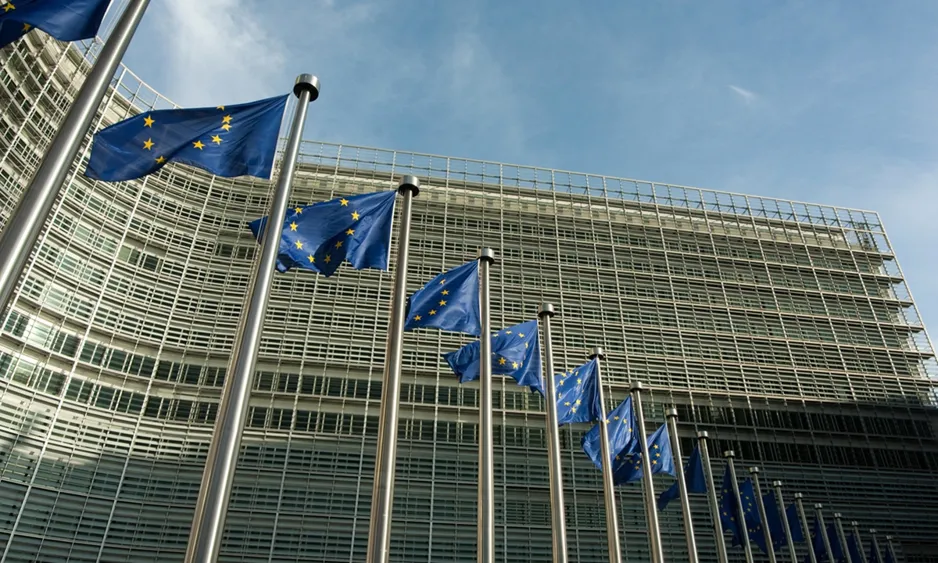EU US Trade Deal Faces Criticism Over Disruptive Impact

The EU-US trade deal has come under significant scrutiny as critics within the bloc argue that it disproportionately favors the United States. This backlash has initiated calls from European leaders for a thorough reassessment of the agreement, reflecting growing concerns about its implications for the European economy.
Reports indicate that the framework of the trade deal establishes a 15-percent tariff on EU goods, a move that has raised alarms among various officials and business representatives in the EU. The agreement also includes contentious terms proposed by the US, mandating the EU to increase its investment in the US by 600 billion dollars and commit 750 billion dollars to energy expenditures.
Responses to the deal within the EU have been mixed, with some officials providing cautious endorsements while others openly decry its terms. German Chancellor Friedrich Merz has expressed measured optimism about the deal, suggesting it could mitigate potential escalation in economic uncertainty. Conversely, French Prime Minister François Bayrou characterized the negotiations as a 'dark day' for Europe, criticizing the perceived imbalance.
Bayrou has emphasized that the trade deal represents a capitulation to US demands, as the deal imposes a substantial tariff on EU exports without a corresponding response from the US. His remarks echo sentiments from other leaders, including Hungarian Prime Minister Viktor Orban, who has called the EU's negotiating stance weak.
Moreover, Ville Tavio, Finland's minister for development cooperation and foreign trade, expressed a tempered view of the agreement, noting that while it has addressed immediate tensions, it does not warrant celebration. The negotiations thus remain a source of contention among EU member states.
Business groups within the EU have also labeled the deal a painful compromise, with Germany's BGA wholesale and export association branding it an 'existential threat' to many businesses affected. Their statements indicate a pressing need for Europe to reevaluate its dependency on its largest trading partner, the US.
BGA President Dirk Jandura urged that recent events should serve as a 'wake-up call' for Europe, advocating for strategic preparations and new trade agreements with major industrial powers globally.
In discussions about the trade landscape, the EU acknowledged its deal with the US as less than ideal, yet still the best option available. In response to this, a representative from the Chinese Foreign Ministry insisted on the necessity of equitable dialogues to resolve trade issues and upheld the importance of abiding by World Trade Organization regulations.
Experts are cautious about the potential fallout from the trade deal. Liao Shuping from the Bank of China highlighted that several EU sectors, particularly those exporting luxury goods, agriculture, machinery, and automotive parts to the US, could experience significant disruptions.
Furthermore, Jian Junbo, a director at Fudan University, pointed out that while the deal may temporarily stabilize transatlantic relations, it carries considerable risks for EU industrial development. The projected 15-percent tariff could greatly hinder the competitiveness of EU products in the US market.
Read These Next

Nitto Denko's Q1 net profit fell by 13%, and the stock price dropped by 6%.
Nitto Electric's Q1 2025 net profit fell by 13%, causing stock prices to drop by 6.0% and raising market concerns about its future.

Haier Boosts Intelligent Manufacturing Efforts Using AI
Haier Group showcases AI-driven manufacturing at the World AI Conference 2025, improving efficiency and factory productivity.

Samsung Electronics stock surges 683 to new high since September 2024.
Samsung Electronics' stock surged 6.83%, closing at a high since September 3, 2024, fueled by optimism in semiconductors and AI.
